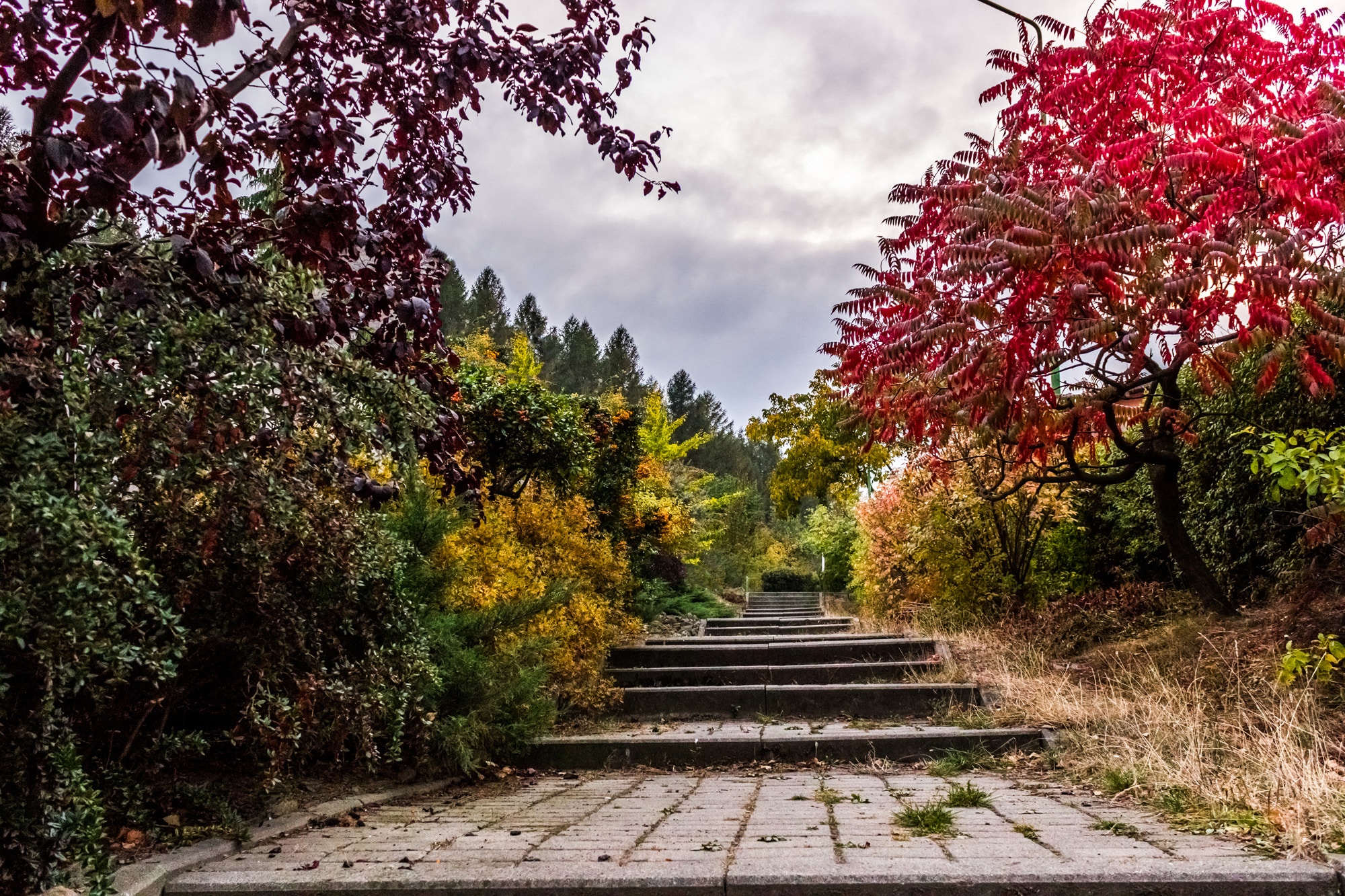When we are not aware of what is our dharma, our karma cannot be in alignment with our dharma, which leads us to create our own miseries. Clueless, we look outside of our own self for the sources responsible for it, without realizing how we ourselves have been playing a role in creating it.
What is Karma? Karma means the actions that we manifest. Apart from the physical actions, these also include our spoken words since they are already spilled out, as well as unspoken words in the form of our thoughts since they have already occurred in our mind. Our physical actions are the manifestations of our thoughts or the outcomes of the choices that we make in the present moment or have made in the past. The process of physical manifestation of an action in any given moment (present), starts in our mind with the occurrence of thought (past). Or it can be resultant thought or mental, emotional or physical pain or pleasure (future), that follows our action (present). I would like to term those as pro-action (past), action (present), or a reaction (future). In any case, they become part of our karma.
For example, I was tempted to have a piece of sweet, which followed by my actually eating a piece of sweet, and consequently I being a bit hyperactive. In this case, my desire to have a piece of sweet becomes my pro-action (my desire, my thought, my karma), eating the sweet is the action (my action, my karma) and my hyperactivity is the reaction (consequence to my action, my karma) to it. When we see just a part of it, we are not able to relate to the reasons behind it sometimes. Thus, we say everything happens for a reason (that is yet to show) or is happening as an effect (of a karma that already took place). We are either getting paid now for our deeds from past or will be paid later. There is no escape from it. Everything we do, will somehow and someday get back to us.
“ The happiness of your life depends upon the quality of your thoughts” — Marcus Aurelius
This quote keeps reminding me of the relation between Karma and Dharma. When we choose actions that bring out certain emotions or outcomes to us (positive ones like love, compassion, happiness, success, peace, contentment or negative ones like hatred, hurt, jealousy, sadness, competition, dissatisfaction, harm to others), it becomes part of us and hence our karma. We may or may not be aware of our actions, good or bad, and their effect on us as well as others; and so, our karma can be sometimes beyond our understanding. For example, somebody ask you for a favor and you reject or ignore them consciously or unconsciously, whereas in a different situation, you ask someone else for a favor and receive rejection or are being ignored. Even if the people involved in the two situations are not the same, sometimes we are not able to see the connection, that that may be the result of our past karma or the consequence of our action might show up later.
Karma is cyclical in nature. When we are consciously making choices that bring us into a space of peace, contentment and happiness, we create good karma not only for us but also for the people around us. There are times when we do things without realizing their effect on others or how sometimes our own actions don’t make us feel good about us, that’s a clue of we not being in touch with our own self. But like anything, that does not become a permanent thing, we can always choose to act differently in the next moment and recreate our karma cycle.
What is Dharma? It is the action that feels to be the right thing to do, and makes us feel aligned with our highest self. It is the karma that gives us the sense of fulfillment of some purpose higher than ourselves. It brings a shift in our consciousness itself and so we do it altruistically rather than egoistically. Acting on our dharma gives us a sense of right living, and a sense of fulfillment and contentment. That is how dharma and karma are interrelated
When we talk about keeping no expectations in order to avoid feeling hurt, we basically mean of doing our karma with detachment to the outcome of it, without any expectations of any results or benefits from it in particular. So in order to maintain our dharma, we perform the karma (the action), that we feel is required to take place on our part to uphold our dharma, in alignment with our higher self.
By practicing pausing before acting, and getting in touch with our inner self, feeling and being aware of our dharma and whether our thoughts and actions are in line with it, we not only create happiness for ourselves but also for the people around us.
To conclude, mindful awareness of our own dharma, and our karma in alignment with our dharma, is the channel to spread and receive positive energy and the world being a happier place that we all crave for. By keeping our karma and dharma aligned, we responsibly contribute towards world peace and harmony.


